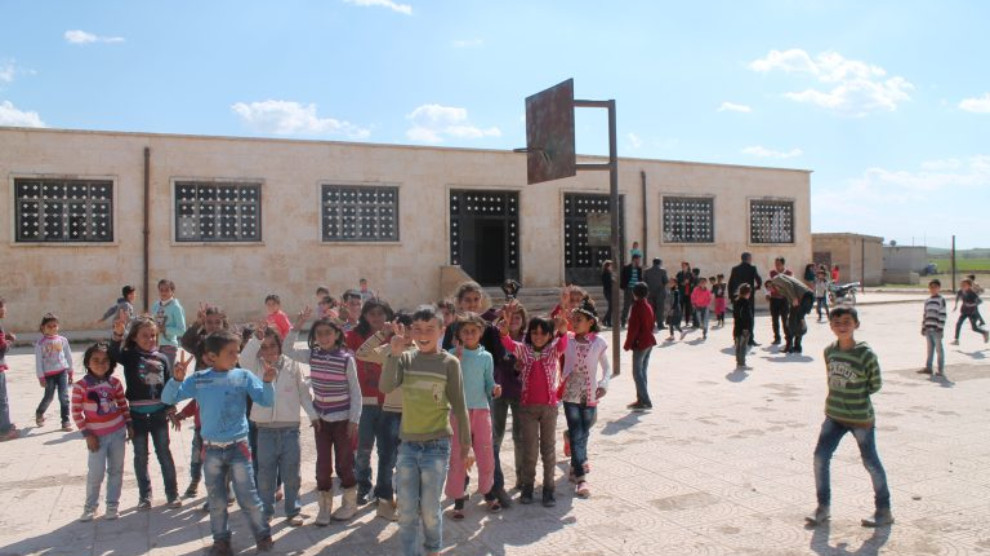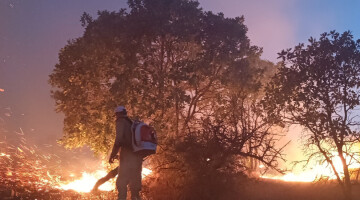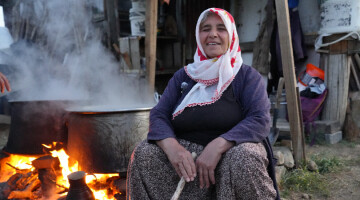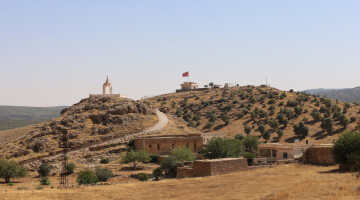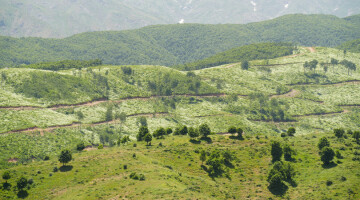Slow Food’s founder, Carlo Petrini, has stated: "We have an obligation to defend the ecological and democratic model established in Rojava. As it is an inclusive, democratic, feminist, environmentalist, progressive model."
Slow Food continued: "As soon as we learned of the danger, the threat of attack, we tried to reach out and help, confronted by a pervasive sense of powerlessness. This latest act of war puts a project at risk, a new model of participatory democracy and applied ecology that belongs to us as humans. The Slow Food headquarters in Kobanî makes us proud, gives us hope, puts us to the test. We worked with the young students and teachers there, to cultivate gardens together – a commitment that might seem insignificant in a region so tormented, but which has enriched everyone in it."
In 2015, Slow Food launched the project together with the democratic administration of Rojava, with a plan to build vegetable gardens in schools in 10 different villages.
Since their inception, these gardens have represented much more than simple plots of land: they are a tangible symbol of freedom for the Rojavian people.
The Slow Food Gardens in Rojava involve at least 1000 students from 10 different schools. In addition to the gardens, there are playgrounds for children of all ages, built by local authorities together with the Kobanî regional administration.
Teachers and agronomists are helping children learn how to cultivate vegetable gardens, increasing their awareness of ecological issues, and introducing them to sustainability techniques while respecting local agricultural traditions.

